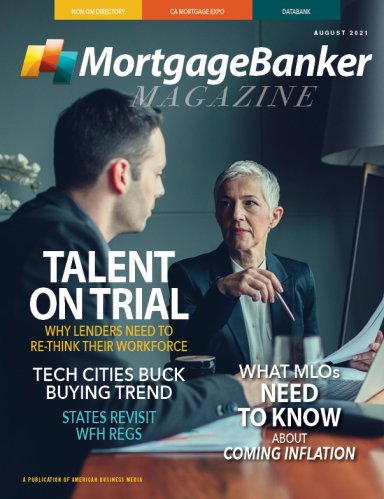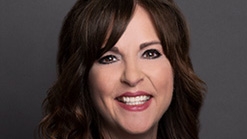Price Discovery
We are all constantly doing price discovery. What does a gallon of gas cost at the corner station? How much is that favorite bottle of wine? How much is a new pair of jeans, or my Value Meal at McDonalds? We may not be purchasing a load of 2x4’s every week, but we watch the price of our Dunkin’ Donuts’ coffee go up and down. Inflation, usually measured by the price of a basket of goods and services, is an economic term that refers to a general rise in the price of goods and services in an economy. A rise in prices causes the dollar to lose purchasing power. That cup of coffee that is $2.00 today and $2.10 in a year is a 5 percent increase.
The inflation rate is a proxy for understanding how much the average household’s cost of living rises per year by quantifying how much more it costs to buy everyday goods, such as gas, groceries, toilet paper, toothpaste, and other common consumer goods costs relative to how much they cost in the past. Returning to the coffee example above, if coffee was up 5 percent but your client’s salary has gone up 6 percent, well, that is not a big deal. If your client’s salary went up 4 percent, that’s a potential problem.
Saved
As the pandemic rolled along in 2020, the uncertainty or hardship caused consumers to hunker down. Given the prospect of an economic recession, consumers don’t spend like they usually do and instead opt to save. We saw that in 2020 as the savings rate moved above 20 percent, nearly unheard of. (In a “typical” year it tends to hover around 3-4 percent.) Consumers expected a potential loss in consumption-ability, like losing a job or falling real wages, so stopped spending and began savings.
That is a double-edged sword, as MLOs have seen. Sure, it adds to the coffers of potential home buyers, increasing their down payments. But if consumers aren’t spending, business production declines, employees are laid off, and people make fewer investments, possibly creating a downward spiral for an economy.
That is where the U.S. Federal Reserve and central banks around the world (Bank of England, Bank of Japan, etc.) often try to counteract the withdrawal of consumers by increasing the money supply to stimulate consumption and investment. By banks pumping more money into the economy and reinvigorating it, consumers will have the confidence to spend more in businesses that, in turn, can invest in new or existing products and services.
So, inflation is good, right? No, but your clients should know that sometimes it can be. First, keep in mind that money can enter circulation without causing inflation, and that increased investment can do things like enabling technical innovations that are generally deflationary since goods and services are produced at a lower cost and are more efficient. Your clients may use “new” money to save or pay down debt. Money can be used to hire new workers, give bonuses, or raises to existing employees, and make their company more stable.












